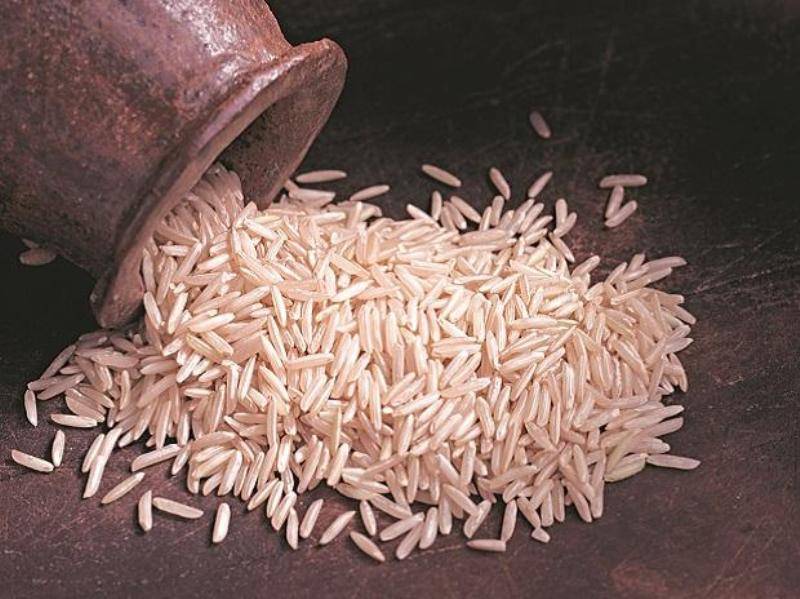
Iran, the largest importer of basmati rice, has begun to clear Indian exporters' dues, which since 2019 have risen to more than Rs 1,700 crore.
The nation of the Middle East buys about 34% of the rice variety imported from India. But this exchange has been struck by a lack of an efficient payment mechanism.
In recent days,' Indian businesses have begun to collect payments from Iran, which has been delayed since 2019,' said Vinod Kaul, executive director of the All India Rice Exporters Association. 'Through UCO and IDBI banks, over 52 percent of the payment volume near Rs 900 crore to companies was issued. For the business, this is positive news.'
According to Kaul, in the period from April to November 2020, exports of basmati rice to Iran decreased by 25% compared to the same period in the previous year. 'With the arrival of capital flows and the promise of payment, exports in this quarter will increase. By next month, a clear vision will appear,' he said.
Local oil refiners used the India-Iran trade agreement to import crude oil from the Middle-East nation and make payments to UCO Bank's allocated rupee account. There was no inflow of funds into the budget, as India did not buy crude oil.
In 2019-20, at an average price of Rs 8,846 crore, Iran brought 1.32 million tonnes of basmati rice from India. Exporters said banks were only advised to export to Iran if payment was made in advance. 'To begin receiving the payments is a major relief for the sector. We expect the market to restart ahead of the festive season in Navroz, which is the start of Iran's New Year. We hope that local buyers and the Government Trading Company of Iran will start,' said Shree Jagdamba Agrico Export's Satish Goel, one of the largest exporters of Basmati rice to the Iranian market.
The peak season is from January to March for exports to Iran. During this time, over 40 percent of annual sales occur, said Goel, who is also chairman of the Iran Rice Committee.
A rice exporter based in Sonepat said Indian firms are now collecting Dirham payments from UAE-based Iranian agents. 'There is demand for Indian basmati rice in Iran, but exports are not smooth due to the delay in payments. Buyers have established offices in Dubai, however, and we're now exporting via this path,' he said.
Exporters of Basmati rice said any effort to lift sanctions on Iran by the new US administration could lead to higher orders.











